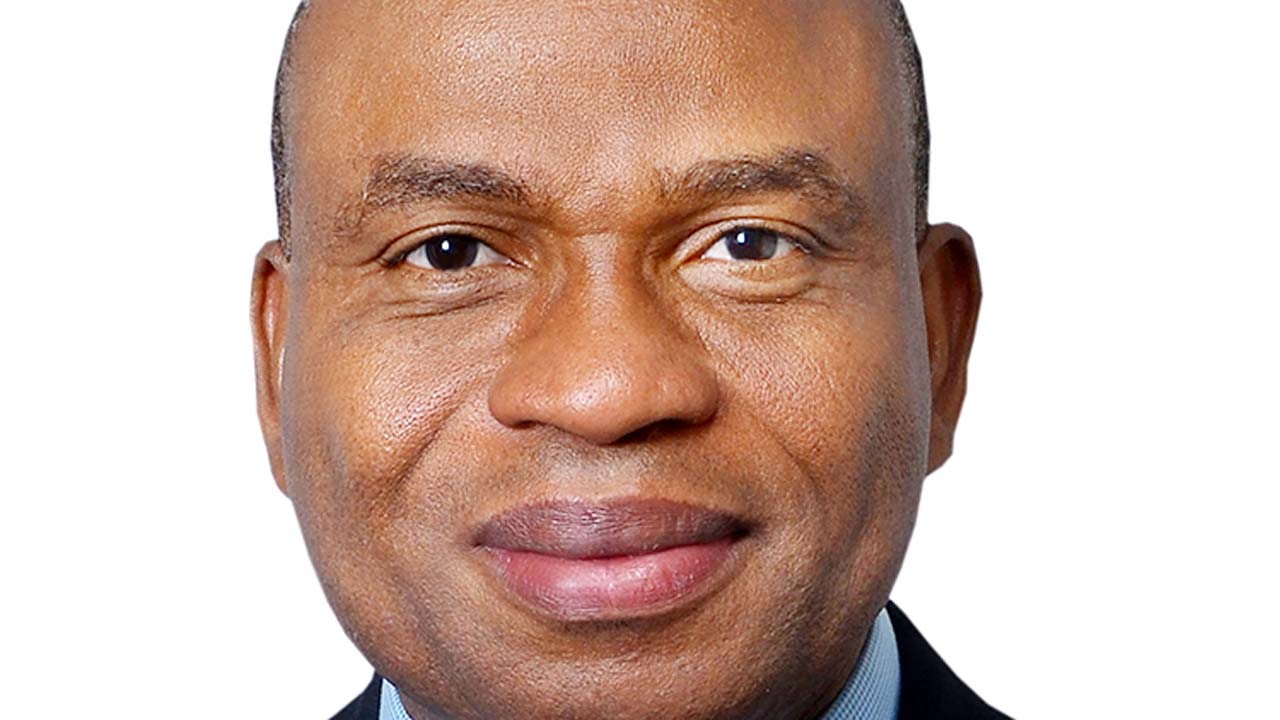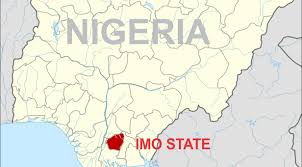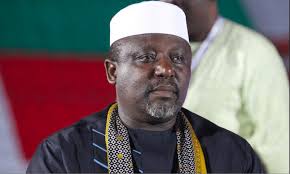Philip Njemanze, a medical doctor and Chairman, Global Prolife Alliance, has continued to give reasons why the National Health Act 2014 must be repealed by the National Assembly.
In an interview with newsmen, Njemanze strongly reiterated that the Act provides the legal framework to close all Nigerian owned hospitals.
“The NHAct2014 provides the legal framework to close all Nigerian owned hospitals. The Nigerian hospitals, private, public, mission and Islamic were supposed to be closed down, 24 months from the date the NHAct2014 was signed (31st October, 2014). The closure of the existing Nigerian hospitals is based on NHAct2014, Section 13” he revealed.
He recalled how the then Imo State government led by Governor Rochas Okorocha, closed all the three general hospitals in the state and embarked on construction of 27 hospitals.
Njemanze described the hospitals as “Otokoto hospitals”
He stated “The alarm was raised when the Imo State Government at that time closed the three major General Hospitals in Imo State and also indicated that, they would close the private hospitals in Imo State once the 27 hospitals become operational.
“Technically, we would expect that, the Imo State Government, at that time would attempt to close all other hospitals in Imo state once the Human Organ Trafficking becomes operational in these 27 ‘OTOKOTO’ hospitals.
“They will use any possible disguise of the real motives, from taxation to building standards and even industrial disputes. This is because if the public or private hospitals operate alongside these human organ trafficking centers, their cases could be reviewed by doctors who could alert relatives that organs have been harvested in the deceased or living relative, creating a very high liability for the Imo State Government and their collaborators” he stated.
Njemanze also faulted sections 48 and 53 of the Act, alleging that it encourage human organ trafficking.
He said “ Let us examine section 48: (1) Subject to the provision of section 53, a person shall not remove tissue, blood or blood product from the body of another living person for any purpose except; (a) with the informed consent of the person from whom the tissue, blood or blood product is removed granted in prescribed manner; (b) that the consent clause may be waived for medical investigations and treatment in emergency cases; and (c) in accordance with prescribed protocols by the appropriate authority.
He continued ” First, Section 48 of the NHAct2014 makes reference to Section 53: It is an Offence for a person:- 1(a) who has donated tissue, blood or a blood product to receive any form of financial or other reward for such donation, except for the reimbursement of reasonable costs incurred by him or her to provide such donation; (b) to sell or trade in tissue, blood, blood products except for reasonable payments made in appropriate health establishment for the procurement of tissues, blood or blood products.
“We raised the issue that, Section 53 (b) states that, it is legal to ask for ‘reasonable payments’. So the reader should consider what is ‘reasonable payment’ for donating one of his/her kidneys. Could this cost be N10,000 or N10,000,000. The answer to this question reveals that, the preferred option of what many people would consider reasonable for risking his/her life to donate a kidney will be N10 million rather than N10,000. This is what clearly points to the deceptive language that was used. The NHAct 2014 legalizes human organ trafficking for money!
“On the so-called consent clause: Section 48 (b) waives the right to Consent in Emergency. What is emergency? Oxford Dictionary: A serious unexpected, and often dangerous situation requiring immediate action. Wikipedia: An emergency is a situation that poses an immediate risk to health, life, property, or environment. By the definition of ‘emergency’ in medicine most health conditions may at some point in development qualify as an emergency that requires immediate intervention. Even severe headache can present an emergency! What the NHAct2014 states is that, in all these situations regarded as ‘emergency’, he stated.









